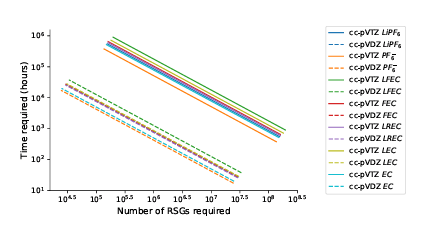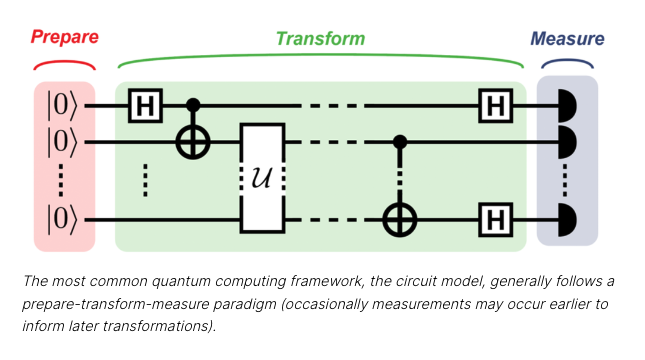
Error protected qubits in a silicon photonic chip
General purpose quantum computers can, in principle, entangle a number of noisy physical qubits to realise composite qubits protected against errors. Architectures for measurement-based quantum computing intrinsically support error-protected qubits and are the most viable approach for constructing an all-photonic quantum computer.
Author: Vigliar et al. - Published: Sep 17, 2020
All authors: Caterina Vigliar, Stefano Paesani, Yunhong Ding, Jeremy C. Adcock, Jianwei Wang, Sam Morley-Short, Davide Bacco, Leif K. Oxenløwe, Mark G. Thompson, John G. Rarity, Anthony Laing

A Jordan-Wigner gadget that reduces T count by more than 6x for quantum chemistry applications
Quantum computers have the potential to be a profoundly transformative technology, particularly in the context of quantum chemistry. However, running a chemistry application that is demonstrably useful currently requires a prohibitive number of logical operations.
Author: Sam Pallister - Published: Apr 10, 2020

Sculpting noise with dynamical bias
Photonic qubits have the great advantage that they don’t easily interact with their environment and hence are intrinsically less noisy than many other qubit types…

Modular decoding: Scaling up by breaking down
There’s an unsung impasse currently facing commercially useful fault-tolerant quantum computers. Useful quantum computers rely on quantum error-correcting codes that redundantly encode otherwise delicate logical information into a much larger system of physical qubits….

Fault-tolerant resource estimate for quantum chemical simulations: Case study on Li-ion battery electrolyte molecules (arXiv.org)
In this article, we estimate the cost of simulating electrolyte molecules in Li-ion batteries on a fault-tolerant quantum computer, focusing on the molecules that can provide practical solutions to industrially relevant problems.
Author: Kim et al. - Published: Apr 21, 2021
All authors: Isaac H. Kim, Eunseok Lee, Ye-Hua Liu, Sam Pallister, William Pol, Sam Roberts

Fusion Based Quantum Computing (FBQC)
We’re excited that our work on Fusion Based Quantum Computing (FBQC) has recently been published in nature communications…
